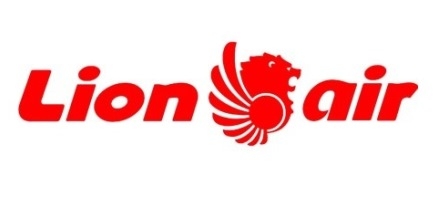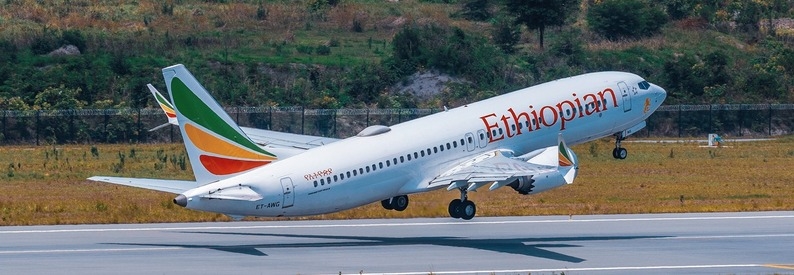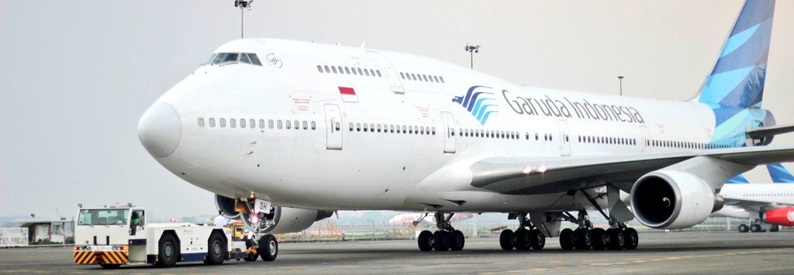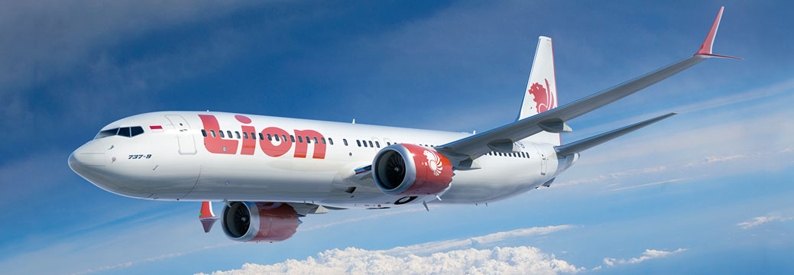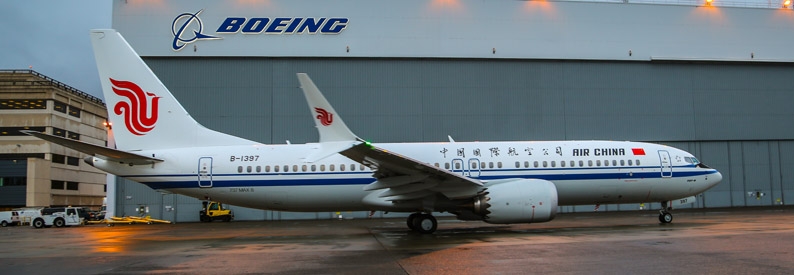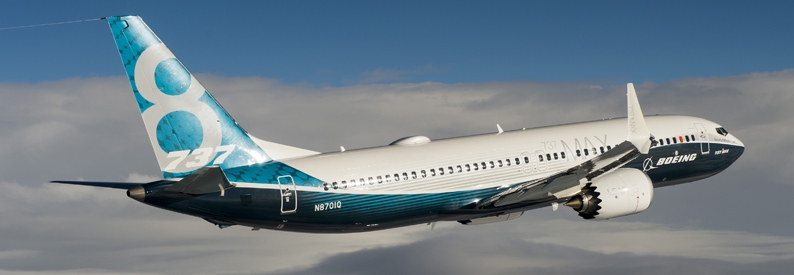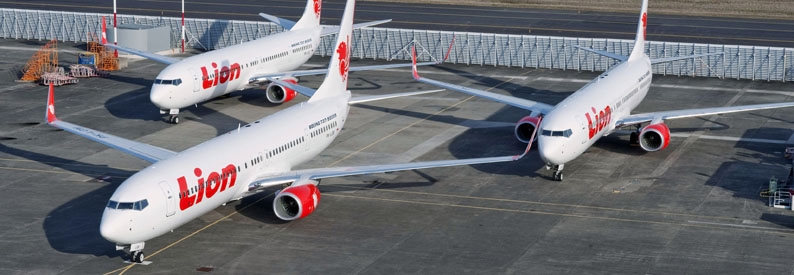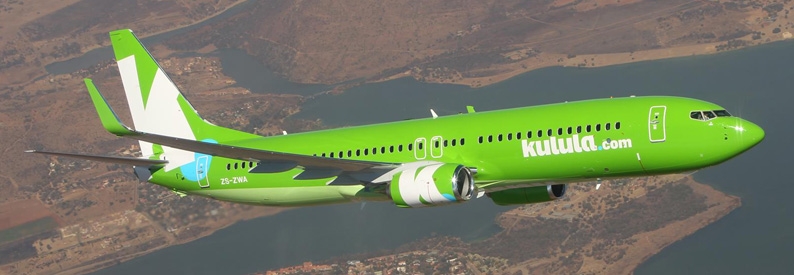The Indonesian government is considering banning the import of Airbus passenger aircraft and convincing domestic carriers to order Boeing equipment instead due to the ongoing dispute about palm oil production, Bloomberg has reported.
Trade Minister Enggartiasto Lukita confirmed that the government is exploring options regarding potential retaliation against the EU's restrictions on the export of palm oil biodiesel. He said he had already talked with Rusdi Kirana, co-founder of Lion Air (JT, Jakarta Soekarno-Hatta), to discuss the potential implications and complicity of Indonesian airlines with the Airbus ban.
Airbus did not comment on the news.
According to the ch-aviation Commercial Aviation Aircraft Data module, three Indonesian carriers have outstanding orders for a total of 219 Airbus jets. Lion Air has 113 A320-200N and sixty-five A321-200N on order, Garuda Indonesia (GA, Jakarta Soekarno-Hatta) - two A320neo and fourteen A330-900, and Citilink (QG, Jakarta Soekarno-Hatta) - twenty-five A320neo.
Lion Air also has orders for 187 B737 MAX, including 136 B737-8s, one B737-9, and fifty B737-100s. Garuda Indonesia has orders for another forty-nine B737 MAX 8s.
In June 2019, the European Union tentatively agreed on new rules regarding biofuels which would phase out palm oil as the biocomponent by 2030. The measure has been met with anger in Indonesia and Malaysia, which together account for 85% of the global production of palm oil. They have already started introducing retaliatory measures, such as banning products labelled "palm oil-free" from sales. Both countries have also threatened tariffs on EU goods.
The industrial production of palm oil, a frequent additive in biofuels and food, is considered extremely damaging environmentally and has been named as one of the lead causes of the ongoing deforestation of Borneo.
- Type
- Base
- Aircraft
- Destinations
- Routes
- Daily Flights
